Africa can lead the world towards a new, more resilient economy – the circular economy The circular economy An economic model which does not focus on producing more and more goods, but in which consumption is based on using services – sharing, renting and recycling – instead of owning. Materials are not destroyed in the end, but are used to make new products over and over again. Open term page The circular economy . The continent has vast natural resources, a young population and strong entrepreneurship. These are key elements on which the World Circular Economy Forum as a global collaboration platform can build. At the same time, new forms of collaboration around Africa can offer inspiration to the world.
So far, Africa and other developing continents have faced the severe impacts of climate change and biodiversity loss resulting from the take-make-waste economy of developed economies.
“With the youngest population in the world, the African continent can take a crucial role in the global transition towards circularity. Rwanda is proud to host the World Circular Economy Forum 2022, showing African leadership and commitment,” says Rwanda’s Minister of Environment Jeanne d’Arc Mujawamariya.
Held already for the sixth time, the annual global collaboration forum will not only bring people together in Kigali, Rwanda, but also throughout Africa. To engage people and enable a broad local participation, WCEF2022 African Studios will bring the programme of the main event live streamed on a big screen in select locations around Africa and give an opportunity for discussions on local circular economy examples and networking.
Online participation to the conference is possible from anywhere around the world, which will also help curb the carbon emissions from flights. In addition, Global Studios can also be organised by partners. The high-level event in Kigali will be invitation only.
On the first two days, WCEF2022 will explore major themes relevant to Africa’s development – in which circularity could play a big role – including climate and nature, youth, infrastructure, entrepreneurship and innovation, as well as trade and value chains. The third day is reserved for partner-led programmes that can take place anywhere around the world or online.
“As a fast-growing continent, Africa plays an increasingly important role in advancing circularity. The WCEF2022 therefore presents a unique platform to showcase cutting edge circular solutions in support of the Sustainable Development and Paris Agreement goals. The African Development Bank together with its partners, the Government of Finland and the Nordic Development Fund, established the Africa Circular Economy Facility to support circular transformation in line with Africa’s Agenda 2063,” says Kevin Kariuki, Vice President for power, energy, climate change and green growth at the African Development Bank.
WCEF2022 will present some of the world’s best circular economy solutions as well as examine how businesses from Africa and elsewhere can seize new opportunities and gain a competitive advantage in the transition to low-carbon and climate-resilient economies.
The circular economy is more relevant today than ever, as the world needs to address the global biodiversity loss and climate crises. The COVID-19 pandemic and Russia’s war of aggression against Ukraine have further stressed its importance, as circular interventions can strengthen the resilience of our societies.
“According to Sitra’s recent study, circular economy interventions can halt global biodiversity loss and help the world’s biodiversity recover,” says Sitra’s President Jyrki Katainen.
“Circularity is crucial not only to keep valuable materials in use, but also to ease the pressure on extracting virgin natural resources.”
WCEF2022 will be hosted jointly by the Republic of Rwanda, the African Circular Economy Alliance (ACEA), the African Circular Economy Network (ACEN) and The Finnish Innovation Fund Sitra, with international partners. Rwanda is one of ACEA’s founding members and the secretariat is hosted by the African Development Bank.
The forum programme will be announced in October on the event website.
Further information on the event
- ACEA secretariat at the African Development Bank, acea@dalberg.com
- Mika Sulkinoja, Global collaboration, Sustainability solutions, The Finnish Innovation Fund Sitra, mika.sulkinoja@sitra.fi
Media contacts
- Samuli Laita, Communications, The Finnish Innovation Fund Sitra, samuli.laita@sitra.fi
- Basile Uwimana, Communication & Outreach Specialist, Ministry of Environment of Rwanda, buwimana@environment.gov.rw
- Tashma Kritzinger, Communications, African Circular Economy Network, Tashma.kritzinger@acen.africa
Read more
- about the World Circular Economy Forum
- about Sitra’s work on the circular economy
- about the African Circular Economy Alliance
- about the African Circular Economy Network
The circular economy and the World Circular Economy Forum
The circular economy is the new paradigm for business which aims to achieve economic growth through new sustainable business models. According to research from Accenture, the circular economy could generate 4.5 trillion US dollars’ worth of additional economic output by 2030. The research identifies circular business models that will help decouple economic growth from natural resource consumption while driving greater competitiveness.
The World Circular Economy Forum (WCEF) is an annual high-level event that brings together thousands of business leaders, policymakers and experts from countries all over the world to present the world’s best circular economy solutions. WCEF also offers a platform for more focused events and Side Events. WCEF is an initiative of Finland and the Finnish Innovation Fund Sitra and a strategic partner of the Global Alliance for Circular Economy and Resource Efficiency (GACERE).
Co-hosts
The Finnish Innovation Fund Sitra is an active fund for the future. It aims to create a fair and sustainable future and work with partners to ensure that Finland can lead the way in the transition to a fair and competitive carbon-neutral circular economy – a new society in which our everyday lives and well-being are no longer based on excessive consumption and fossil fuel use. Sitra was founded in 1967 and is an independent public fund operating directly under the supervision of the Finnish Parliament.
Finland was the first country in the world to develop a road map to a circular economy in 2016 and has a strategic programme to promote a circular economy.
The African Circular Economy Alliance (ACEA) is a government-led coalition of African nations with a mission to spur Africa’s transformation to a circular economy that delivers economic growth, jobs and positive environmental outcomes. It was conceived in 2016 during the World Economic Forum on Africa with the mindset of developing Africa’s circular economy ecosystem while capitalising on its development opportunities.
The Alliance serves as a platform that supports the transition to a circular economy at the national, regional and continental levels through policy development, leadership and advocacy, and support in scaling circular businesses and projects.
The Alliance membership is voluntary and rapidly expanding. It is comprised of the founding countries Nigeria, Rwanda and South Africa, and the members Benin, Burkina Faso, Cote d’Ivoire, Ghana and Sudan.
ACEA also collaborates with strategic partners which are like-minded institutions supporting the circular economy agenda in Africa. Current partners include the African Circular Economy Network (ACEN), African Development Bank, Ellen MacArthur Foundation, European Commission, Footprints Africa, Global Environment Facility (GEF), Governments of Finland and The Netherlands, ICLEI Africa, Konrad-Adenauer Foundation, Platform for Accelerating the Circular Economy (PACE), UN Environment and World Economic Forum (WEF).
Rwanda is a founding member of the African Circular Economy Alliance and serves as Co-chair, a role assumed by the Ministry of Environment through the provision of thought-leadership on the governance of ACEA. The country is located in the Great Lakes region of Eastern Africa and is eponymously referred to as the “Land of a thousand hills” due to its high elevation and its geography dominated by mountains.
For the past two decades, Rwanda has been at the forefront of the circular economy transition. It was one of the first countries in the world to ban the use of plastic bags in 2008, a decision motivated by the desire to tackle littering and pollution in the country. Rwanda also collaborated with Peru to draft the resolution for an “Internationally legally binding instrument on plastic pollution” at UNEA 5 in 2021.
Recently, the Government of Rwanda developed its first ever Circular Economy Action Plan that lays out priority options and underlying activities to advance the circular economy in waste, water, agriculture and construction. The Action Plan also considers a cross-cutting component that focuses capacity building, collaboration and private sector engagement for the upcoming fifteen years. Its capital Kigali is often ranked Africa’s cleanest city and is considered one of the safest on the continent.
African Circular Economy Network (ACEN) is a registered non-profit company with a vision to build a restorative African economy that generates well-being and prosperity inclusive of all its people through new forms of economic production and consumption which maintain and regenerate its environmental resources. ACEN is a network made up of 100 Country Representatives in 30 Chapters, and 27 partners including African partners, African Circular Economy Alliance (ACEA), ICLEI Africa, Footprints Africa and international partners, The European Environmental Bureau (EEB), The Ellen MacArthur Foundation, Trinomics and many others.
Africa has been using circular principles for generations. As new business models and technologies emerge, the opportunities for agriculture, manufacturing and waste management can be harnessed to improve livelihoods and reduce poverty. ACEN aims to support this acceleration by connecting people, sharing knowledge and disseminating opportunities throughout its network and beyond.
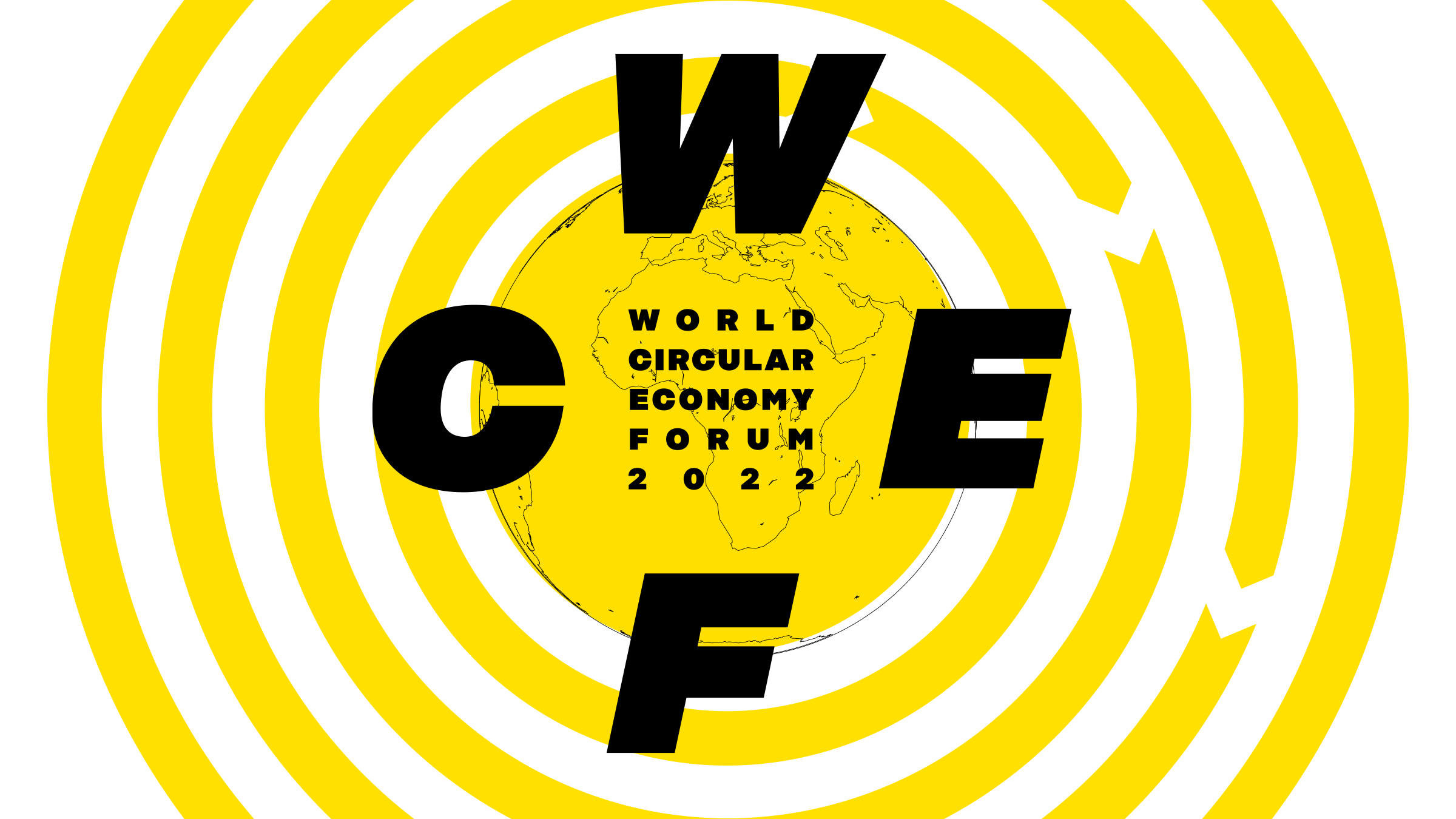
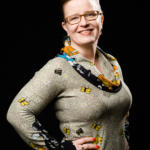
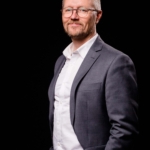


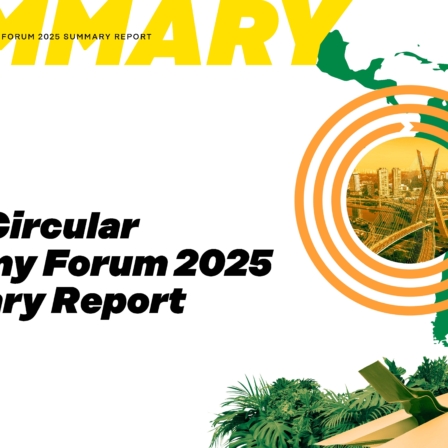
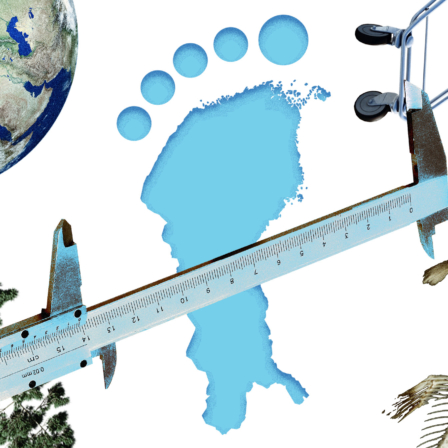


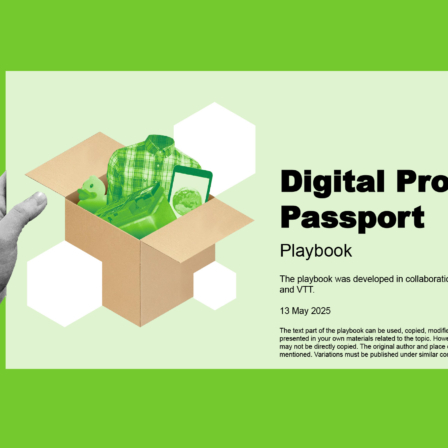
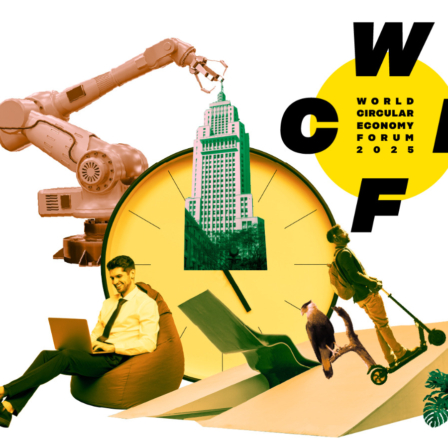
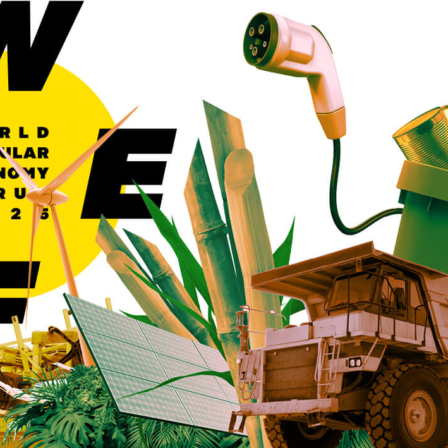






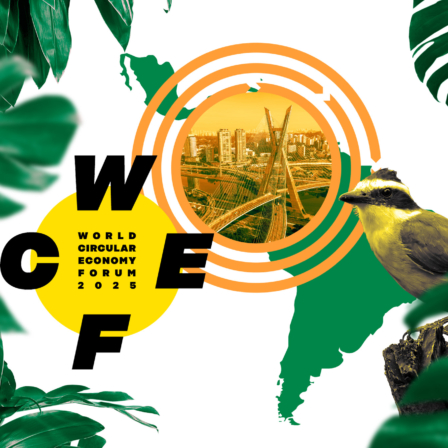

Recommended
Have some more.